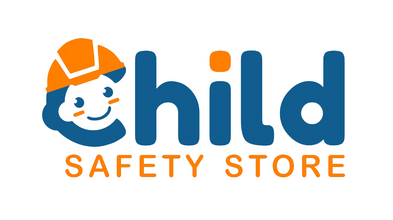
Eczema and Babies
Skin safety is important to keep in mind for our little ones. No matter what, parents should take extra care of their baby’s sensitive skin. To this point, today we’re talking about the signs of eczema and babies.
Know the Signs of Eczema and Babies
Unfortunately for our tots, many of them can inherit skin conditions from their parents. This includes eczema. This chronic skin condition is often called infantile eczema, or atopic dermatitis. In a nutshell, this describes an inflammation of the outer layers of skin. The condition tends to appear most often on kids. Luckily, many people outgrow it as they age. That said, it pays to know the signs of eczema and babies.
If a parent suffers from eczema, start by alerting the family pediatrician. The doctor will know to keep a look out for any telltale signs. Beyond reaching out for professional medical advice, here are some of the basic skin symptoms that may occur.
A person who is suffering from eczema may have skin this is dry, red, scaly or cracked. It could also be itchy, crusty or oozing. Many of these symptoms are similar to diaper rash, so learning about swim diapers and taking extra care for bathroom needs might be necessary.
What to Avoid
Even though eczema and babies can be a common combination, these symptoms probably won’t always be active. By avoiding possible eczema triggers, you can limit possible flare-ups. For one, try to avoid common triggers like excessive heat, dry air, pollen and animal dander. If playing in the sun or pool, be sure to take frequent breaks and drink plenty of water to stay cool.
Next, make sure not to use any scented or treated products. This can include laundry detergents, soaps, shampoos or even fabric softeners. As we mentioned, babies have very sensitive skin. To avoid trouble, be sure to use the least harsh cleaning products possible to avoid prompting an eczema reaction. Certain suntan lotions can also play havoc with a child’s skin, so choose with care.
Certain foods can also be possible culprits. However, parents should use caution before making dietary changes. Nutrition is very important to little ones. Before making any menu changes, be sure to ask your pediatrician. A doctor will be much better equipped to make alternate food suggestions.
Treatment of Eczema and Babies
If a child is suffering from an eczema reaction, there are several treatment options. For one, there are multiple creams on the market that are specifically formulated for childhood eczema. Be sure to consult the ingredient list, but most of these are designed to be as gentle as possible. Others may contain steroids, which can be dangerous.
Next, moisturizing can be very helpful. As long as you are avoiding scented moisturizers, this can really help to sooth a baby’s skin. These tend to work best right after a warm soothing bath. Just be sure not to let that bathwater get too hot.
Finally, there are oral antihistamines that can help. But these should be carefully considered before use. Again, be sure to consult a medical professional before trying any chemicals, drugs or treatments. A doctor’s advice will be properly suited to your child’s unique case. This will give you the best outcome for your particular situation.
